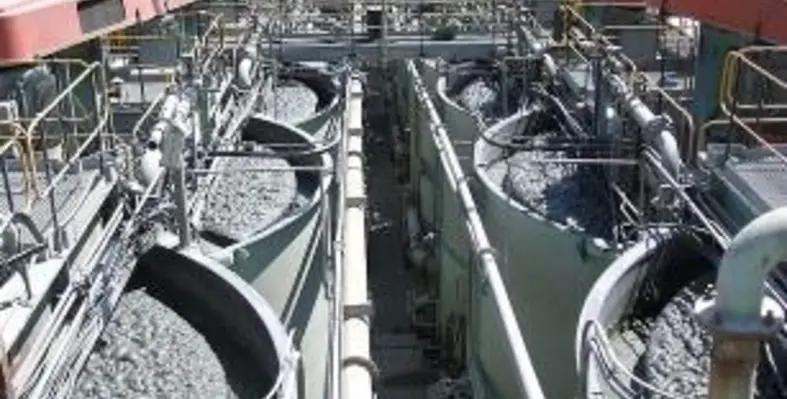African Review spoke to MetCon CEO Bernard Stern on mining and the power crisis in South Africa
Last month the 20th Investing in Africa Mining Indaba in Cape Town opened its doors to more than 7000 business leaders, investors, mining experts, and politicians from around the world.
The dominant mood was one of cautious optimism, with the tentative recovery of the global economy continuing to trickle down to the mining sector.
At the height of the recession in 2008 and 2009, for example, the dramatic fall in platinum prices to around a third of their former value, caused largely by a drop in demand from the flagging automobile manufacturing sector, hit the industry hard.
The effects were especially pronounced in South Africa - the world’s largest producer of the metal, accounting for 78 per cent of global supply - but with prices finally recovering things are looking up.
However, there was also apprehension at the event, known as the world’s largest mining and investment gathering, with one issue in particular clouding the agenda.
“Investors are worried, and a big concern among them has to do with power,” said Credit Suisse mining analyst Justin Froneman on the first day of the Mining Indaba.
“There is a dire need to grow mining production across Africa, but this requires more energy. The question is where this power base comes from.”
According to the World Bank, of the 6 to 7GW of additional power needed per year in Africa, only between 1 and 3GW are being installed.
One business leader who is particularly concerned with the situation is Bernard Stern, co-founder and CEO of Metal Concentrators (MetCon), South Africa’s largest independent precious metal refinery.
Stern voiced his concerns that the shortages, which have caused rolling blackouts in South Africa, will continue to impact negatively on the country’s mining industry if the situation is not addressed.
“During the past few months we have had at least ten incidents of load shedding. Our timeous investment into a diesel generator has rescued our productivity, albeit at a substantial cost,” Stern said.
“It is crucial for Eskom and the Department of Energy to find a sustainable solution to ensure the future of gold mining and the subsequent beneficiation of our precious metals.
“South Africa's natural resource industry, as well as upstream and downstream operations, are massive drivers of the economy and important job creators too. If mining has a hard time, everyone else has a hard time too.”
Stern told African Review that falling production levels caused by power shortages –gold output has fallen by around 50 per cent since the start of the crisis in 2008 – could put off foreign investors, and were likely to continue unless decisive action is taken.
“You need a stable supply of power to keep your business going. Whilst investors are not afraid of all risks, as risks are part of the investment game, in the end they do want return on investment. They need to be able to predict. The power crisis makes this
difficult.”
So is there light at the end of the tunnel? The first of Medupi Power Station’s 800MW units went online this week, albeit 2.5 years after its original completion date; something which Stern called “a step in the right direction”.
There is also the nuclear deal with Russia, which will provide energy security in the long-term, despite being controversial, he said.
“The problem is that it will take many years before these new power plants will start pumping energy into the energy grid,” Stern stressed. “We need something in the interim to keep our country's economy going.”
“One of the things that was discussed during the Mining Indaba was a suggestion by the World bank to make is easier for mining companies to generate their own power, and to pump excess electricity back into the national grid or supply it to communities
around them.”
Vice president for World Bank Africa, Makhtar Diop, suggested during the Indaba that this could reduce costs for mining companies, while also benefiting local communities.
“When excess energy is used to electrify surrounding communities, this may help trigger greater levels of human development,” said Stern. “This is a win-win situation.”












